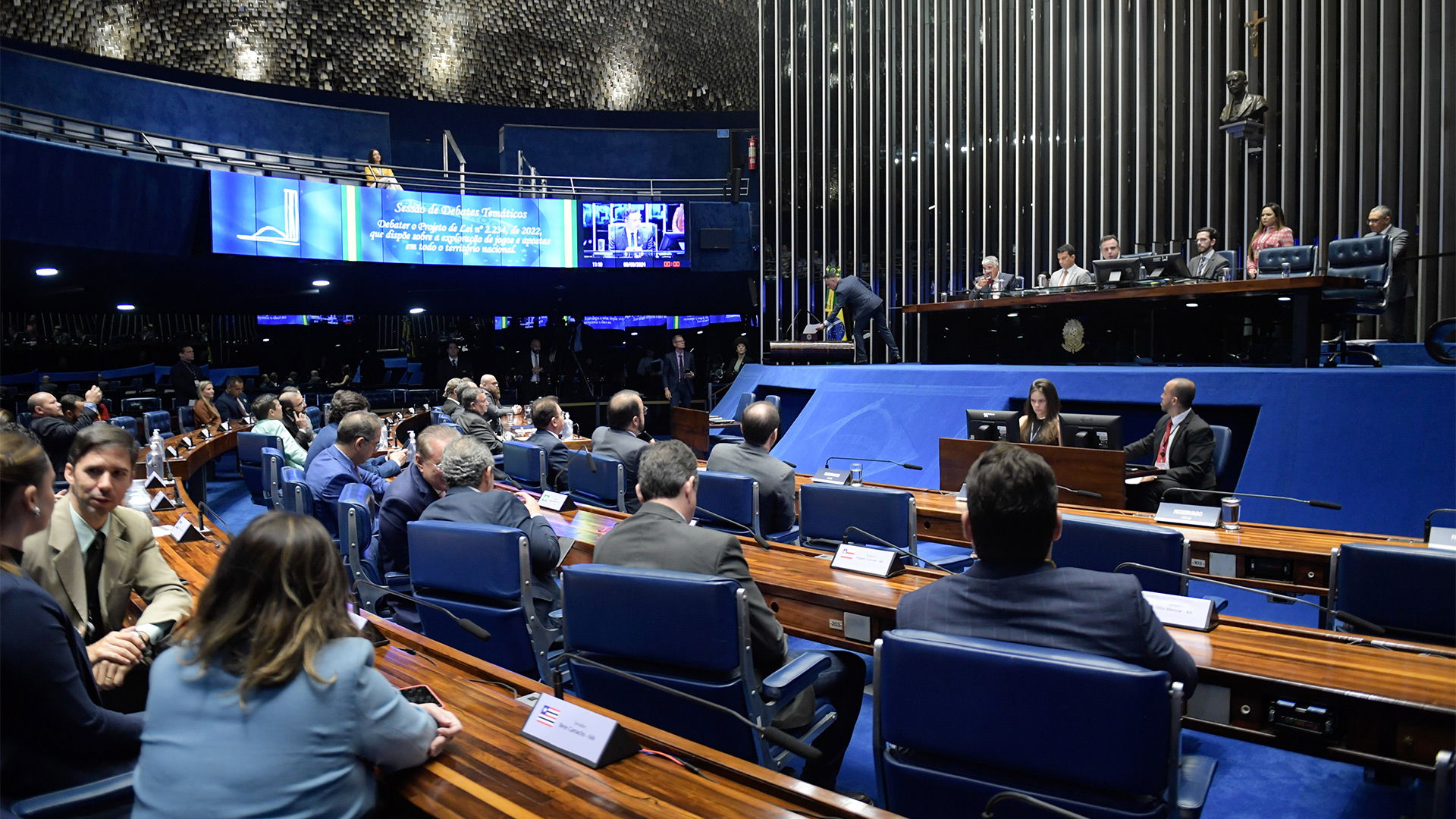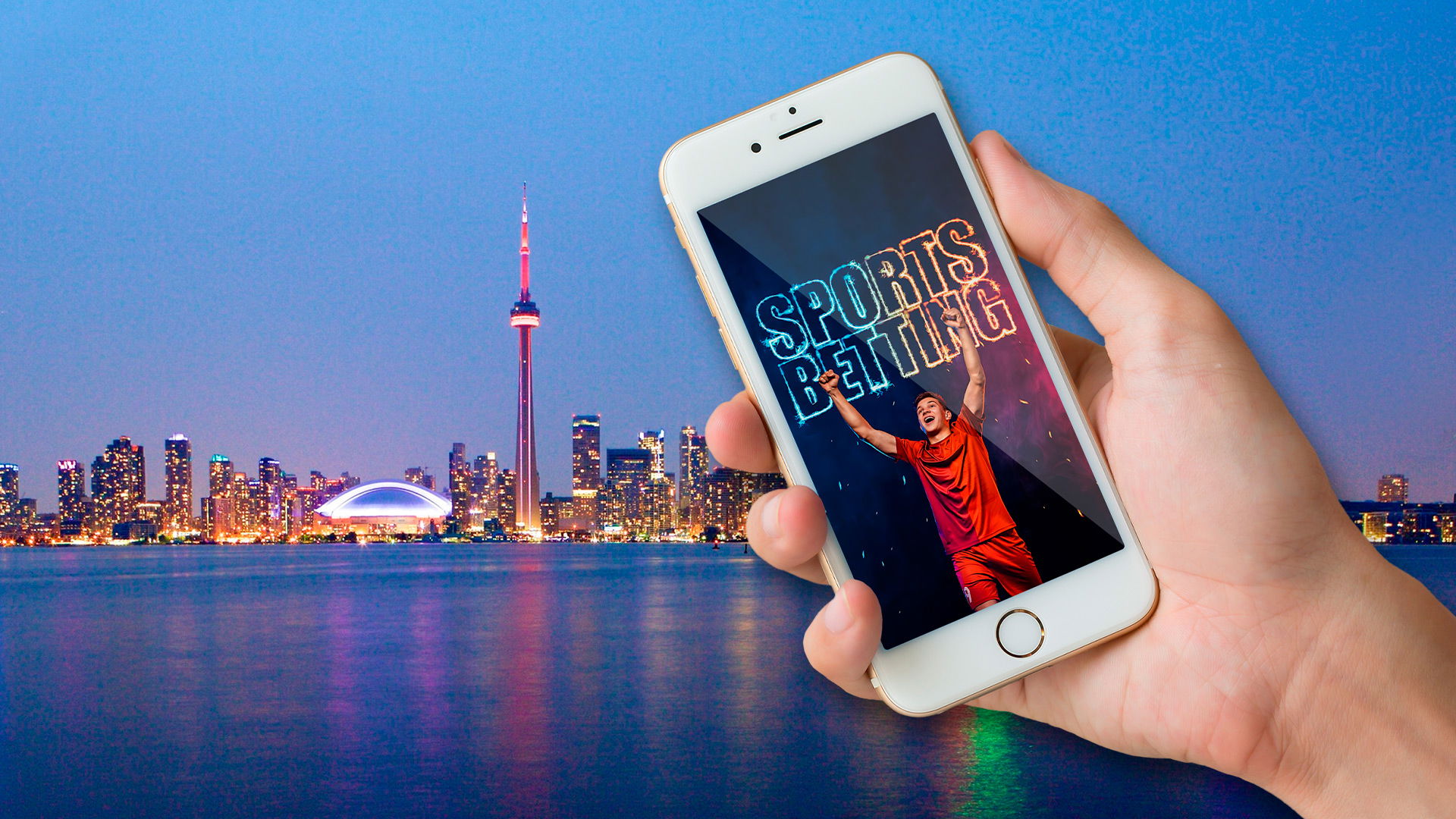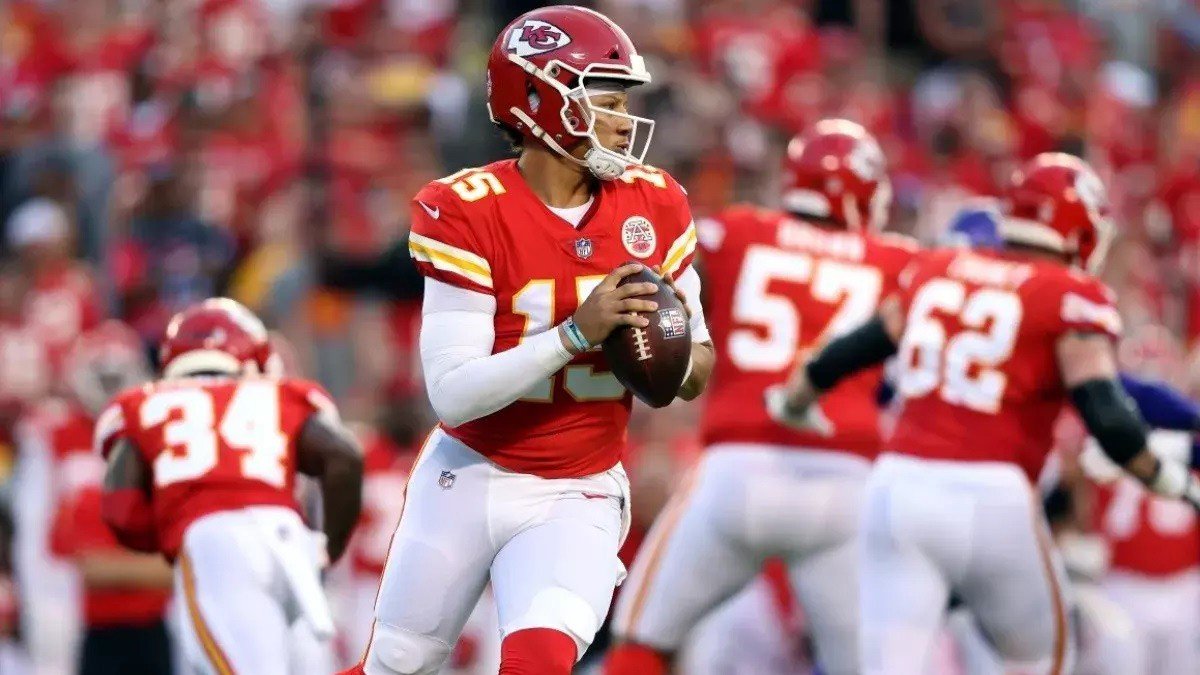Brazil Senate Committee approves bill limiting sports betting ads, sparking industry concerns

A Senate Sports Committee in Brazil has approved a bill aimed at restricting advertising for sports betting, citing the need to protect vulnerable groups such as minors. The proposal, however, has drawn criticism from industry stakeholders who warn that the new rules could drive users toward unregulated operators, potentially undermining the goals of the country's existing legal framework.
The bill imposes a wide range of restrictions on how and where licensed betting companies can promote their services. Notably, it bans the involvement of athletes, coaching staff, artists, influencers, communicators, and public authorities in any form of advertising.
An exception is made for former athletes who have been retired for more than five years, provided they do not appeal to minors. Still, the legislation does not clearly define what qualifies someone as an influencer.
Also prohibited are animations and AI-generated images that could attract younger audiences. While the proposal mostly targets advertising, it allows sponsorships by betting companies, including the placement of logos in sports programming, provided that underage athletes are not involved and referees are not used as promotional tools.
Logos on uniforms remain permitted for adult players, and betting firms can continue to operate branding rights at stadiums and arenas, but only when they sponsor the venue or event.
All promotional content must display a health warning stating: “Gambling is addictive and harmful to you and your family.” In addition, the legislation sets specific windows for when advertisements are allowed. On television and streaming platforms, betting ads can only run from 7:30 p.m. to midnight.
On the radio, the permitted times are 9 a.m. to 11 a.m. and 5 p.m. to 7:30 p.m. During live sports broadcasts, ads are restricted to 15 minutes before and after the event, with no promotional content allowed during gameplay.
These limitations also extend to social media, where platforms will be required to provide users with the ability to opt out of gambling-related advertising. Only users aged 18 and above can view such content.
The legislation advanced to a vote in the Senate Plenary through a procedural maneuver after the Communication and Digital Law Committee, its next intended stop, was not yet formed. The bill was approved symbolically without a recorded vote.
Industry voices, including the Brazilian Institute of Responsible Gaming (IBJR), argue the bill poses risks to the sustainability of the regulated market. “The proposal harms communication between legalized betting companies and bettors, compromising the sustainability of a regulated sector committed to responsible gaming,” the IBJR said in a statement.
The institute noted that legal operators already adhere to a framework defined by Law 14,790/23, SPA Ordinance No. 1,231/24, and Annex X of the CONAR Code, all of which were developed with input from stakeholders and emphasize ethical practices and the protection of minors.
According to the IBJR, approximately 50% of the betting market in Brazil is controlled by unlicensed operators. The organization warned that suppressing legal advertising would further limit public awareness of regulated platforms and encourage engagement with the unregulated sector.
“Legal advertising guides, informs, and protects. With it, citizens identify regulated platforms that follow strict rules and are committed to responsible gaming,” the group stated.
















